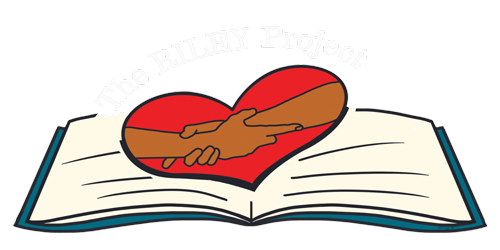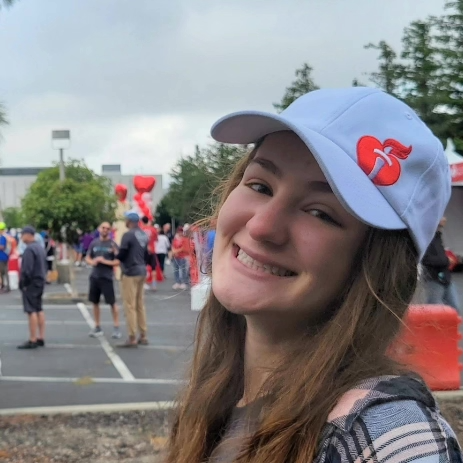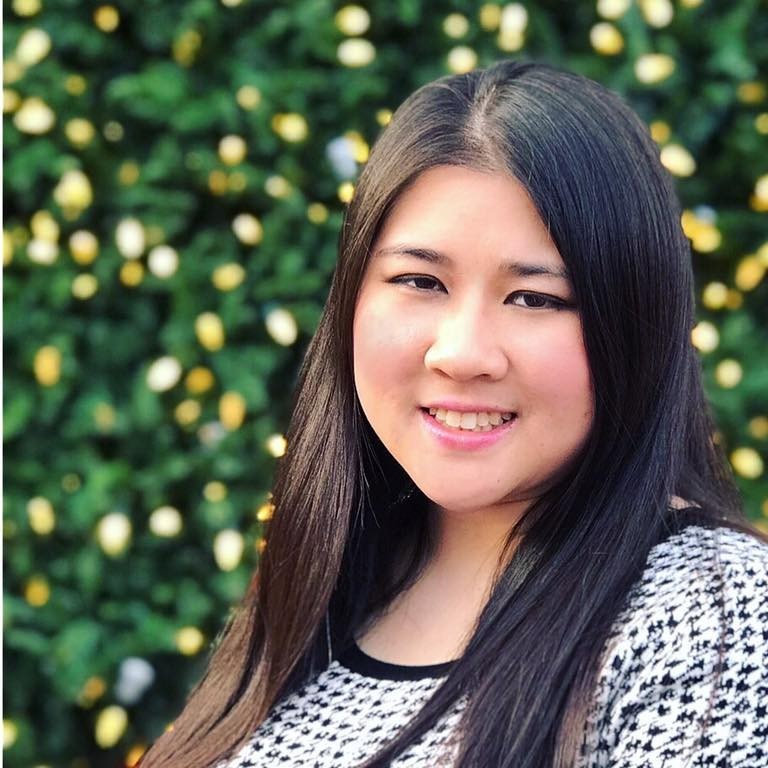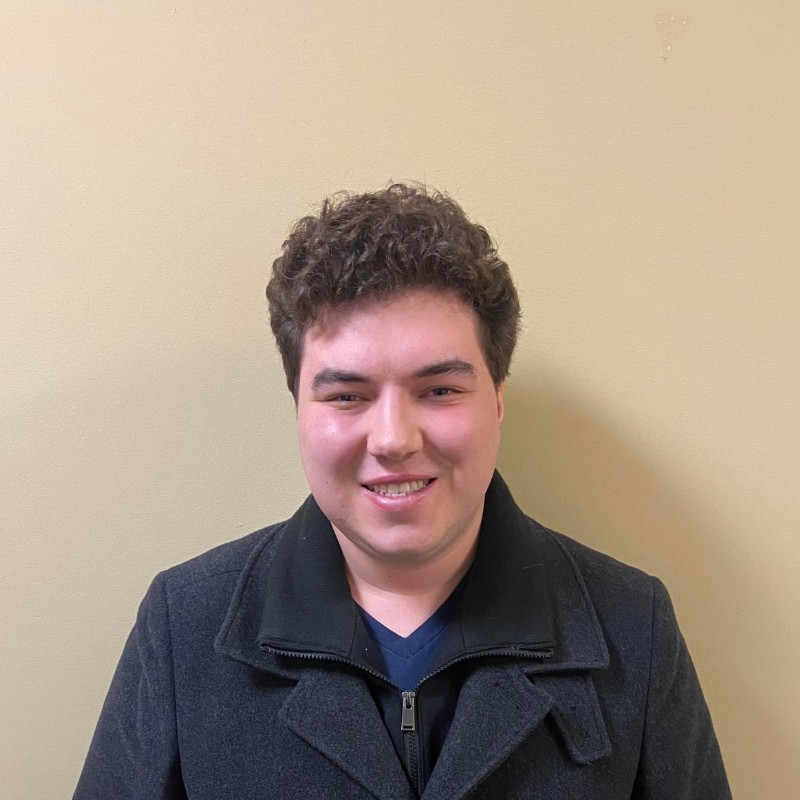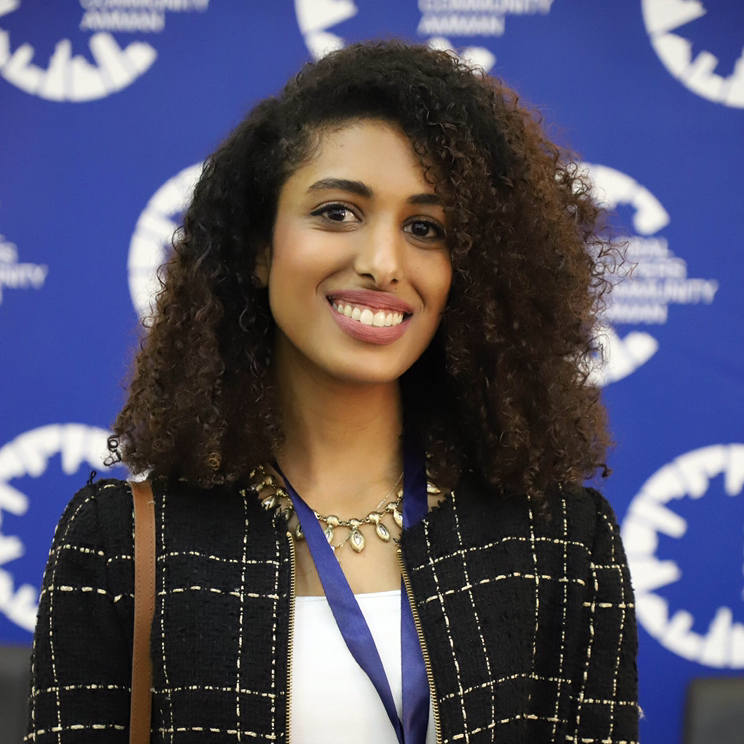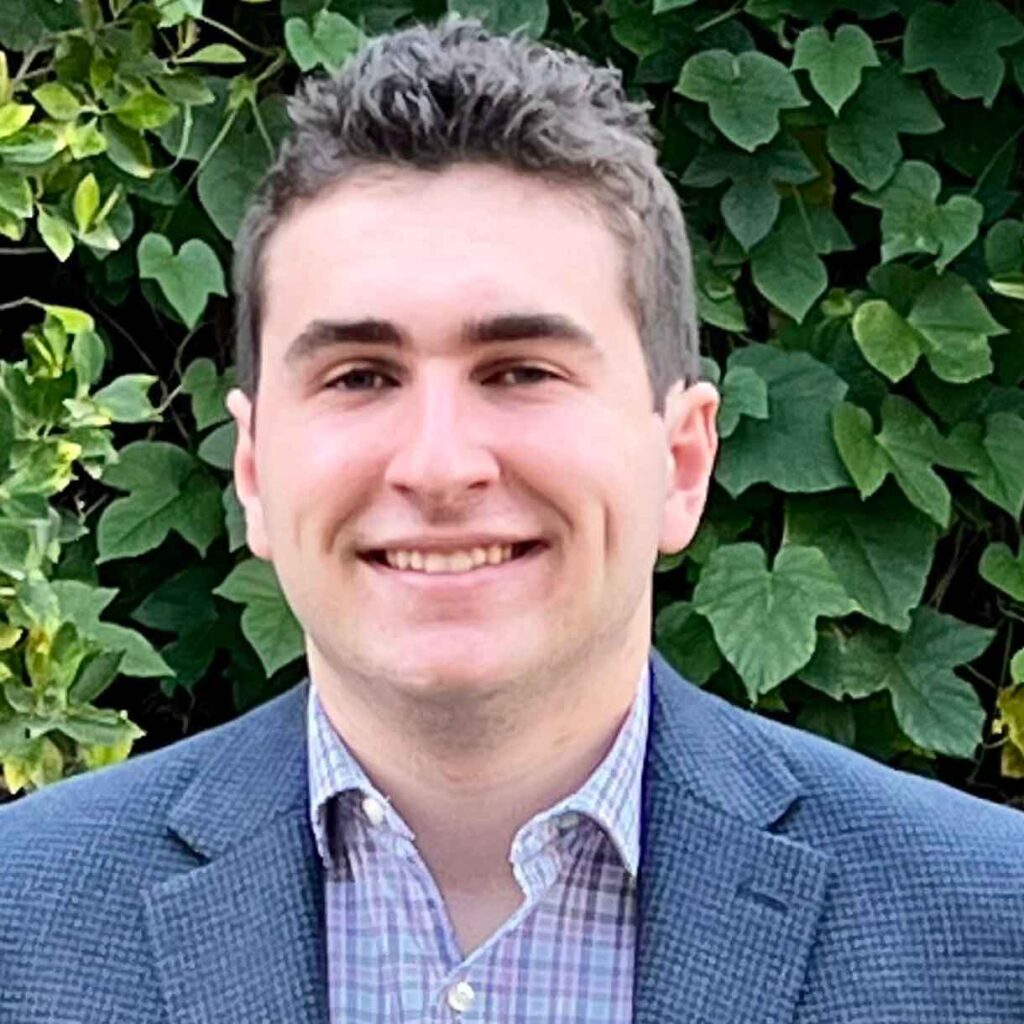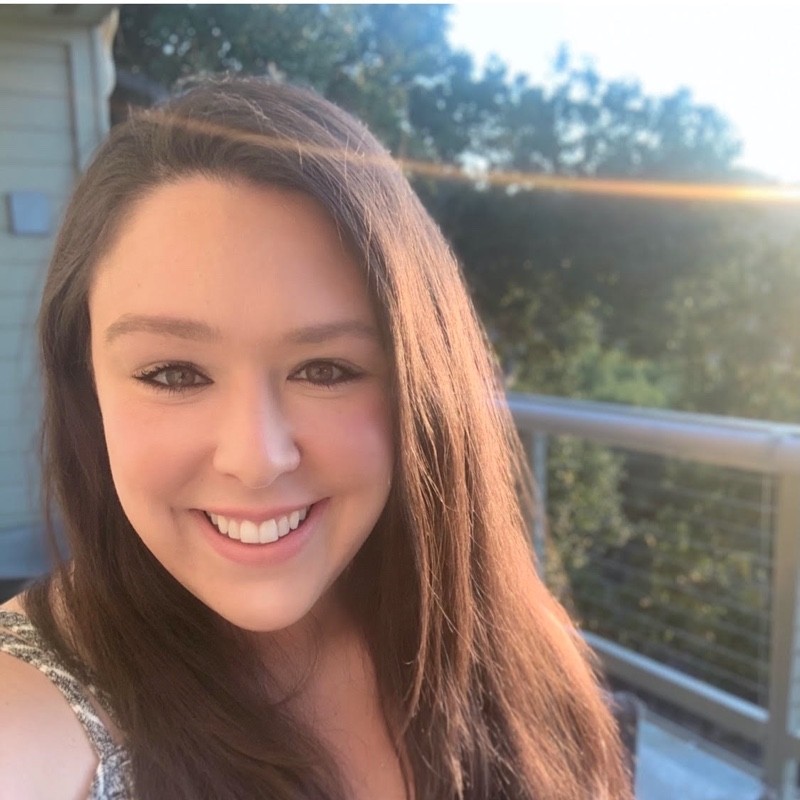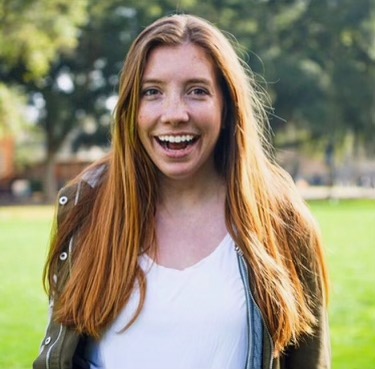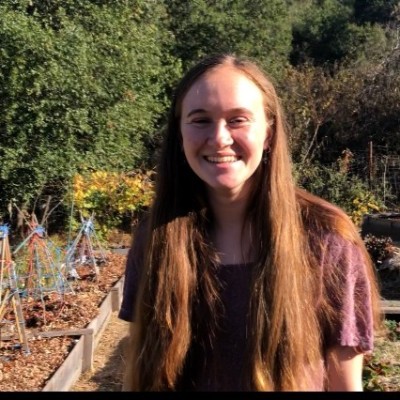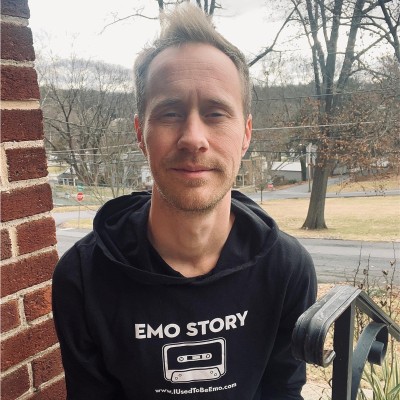
The RILEY Project is excited to share Ben's story as it will help students and young professionals understand how learning differences can be used to support the 1 in 5 who learn differently. Please consider sharing your story with The RILEY Project. Read Ben's journey in his own words - responses have been edited for clarity.
The RILEY Project Q&A
When were you first diagnosed with an LD? Were you told what difference is and how it impacts you both in and out of the classroom?
I was diagnosed with LD around 2nd or 3rd grade, though intervention and monitoring started in Kindergarten. I don't remember much of a conversation about it at all, but I know I started taking Ritalin when I was in 3rd grade. That would have been 1992-1993. LDs were pretty new in those days, so I learned as I went. I figured out pretty early, though, that I functioned differently than others.
How old were you when you received support that made a difference?
5 or 6? Between Kindergarten and 1st grade, I did a program for a full school year called, Pre-First. It meant that I was a little older than most in my grade, but it definitely helped.
What accommodations have you received over the years? Have you or do you presently use the accommodations?
It's been extended time on tests, and reduced distractions when I need them. I had an IEP and 504 Plan, and the last time I had any accommodations was graduating college. I'm not sure how to access or acquire them, I would like to know how.
Have you learned to be an advocate for yourself?
Yes…sort of. Many people don't know what to do with it when I tell them about my conditions. My LDs are hard to explain, and there hasn't always been a lot of information about them, so employees and others do know what to do. That's why I've started sharing more openly about my conditions, and struggles. A lot of people like to say "they understand"…but they don't, and it's annoying.
How has your LD strengthened you as a person?
It's taught me to have more empathy for others, and to be best friends with myself.
In your opinion, has the educational system provided enough support for students with LD through the years? Based on your experience, do you have recommendations on how students with LD could be more supported? If so, what are they?
I felt I got the support that I needed. I can't speak for anyone else because I haven't lived their story. "Enough support" is a vague term. Since LDs are all different, it's hard to paint with a broad brush.
In your opinion, do you feel that that the educational system has provided enough support for students with LD through the years? Based on your personal experience, do you have recommendations on how students with LD could be more supported? If so, what are they?
I'm not sure about what I'd recommend personally. Many people still heard the word "disability" and think it's an insult. I think it's important to stop seeing disabilities as something negative, but simply as something we have. It's annoying when someone thinks that I'm "making it up" or "making excuses" when I tell them I have LDs, or that I'm "limiting myself". But then again, LDs have only really come to light in the last 30ish years (I'm 38), so there's still a lot of misinformation and a lot to learn. That includes with me. For students, I'd start by recognizing that LDs are not a matter of intellect, nor are they something to be ashamed of. And to be willing to keep trying new approaches to see what works. I'm a teacher myself these days (though just a sub), but I don't mind if a student would rather stand at their desk, instead of sit. If they're able to get their work done, and aren't disruptive, then I don't mind.
Are there any particular tools/websites you recommend to other students with LD?
